“AI has revolutionised my daily life,” says Louise Plunkett from Norwich.
Ms Plunkett has a genetic eye condition called Stargardt disease, a rare condition that causes progressive vision loss, which she says, “impacts everything I do”.
“I can’t recognise people, even my own husband or my children. When my children were younger, I used to have to teach them how to come to me when I met them at the school playground.”
Ms Plunkett is comfortable with digital tools – her business advises companies on how to ensure their online content is suitable for the visually impaired community.
She has used services like Alexa, Google Home and Siri for years, helping with tasks like setting alarms and weather checks.
Now she is finding an assistant called Be My AI useful.
The app uses ChatGPT to generate and then read out detailed descriptions of pictures.
“I’m quite a stubborn person,” says Ms Plunkett. “I don’t like asking for help or admitting I need help, so using the AI tool is useful for things when other humans aren’t around.”
She says she might use it to check which is the female toilets, or read the ingredients on food packaging, or read a letter.
Credit: Source link

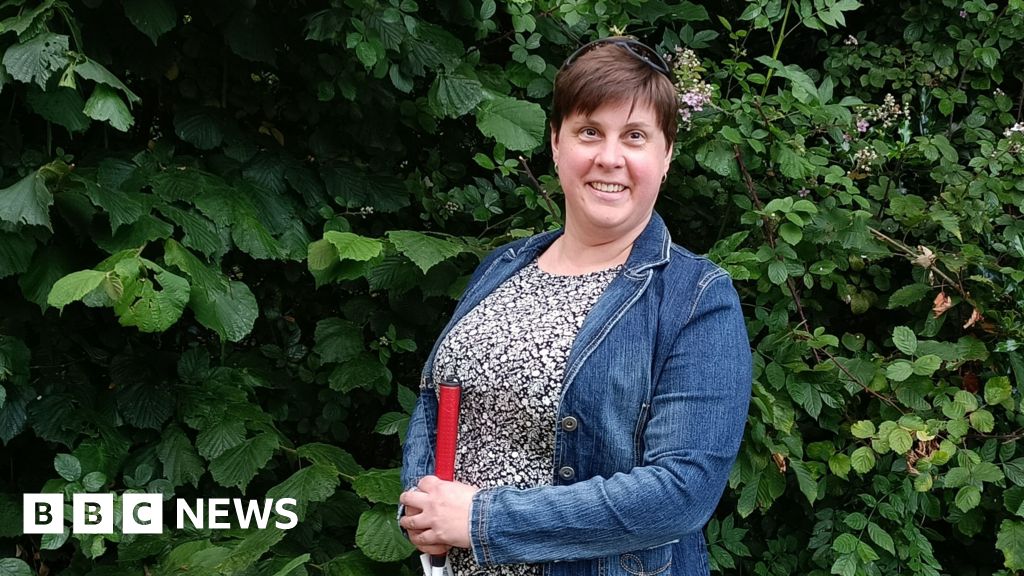


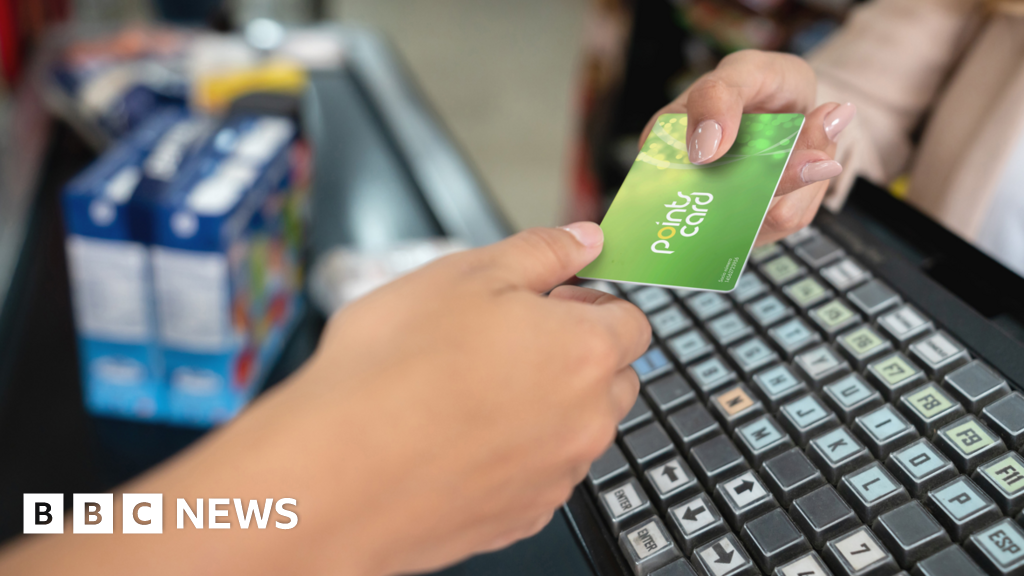
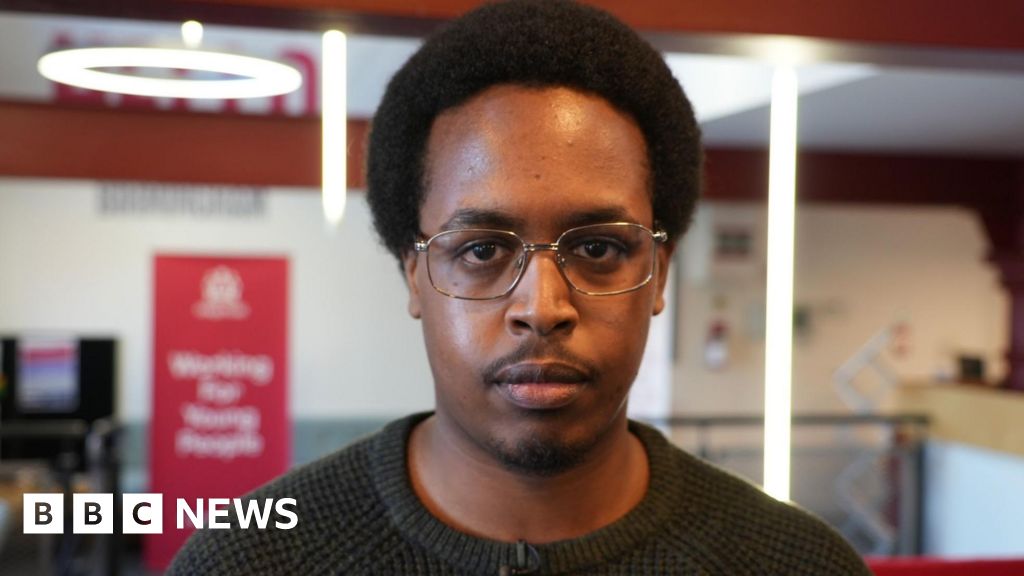
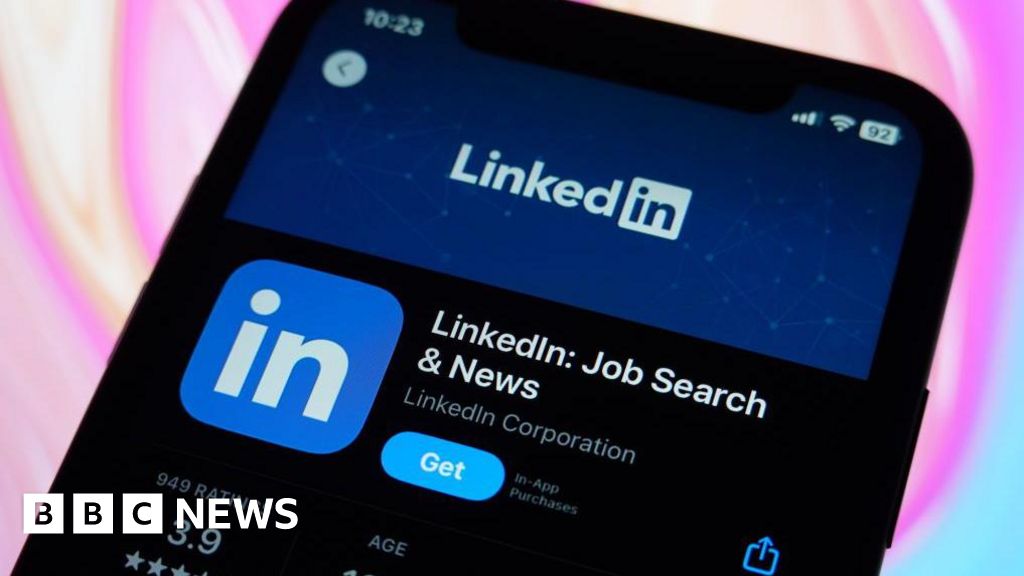
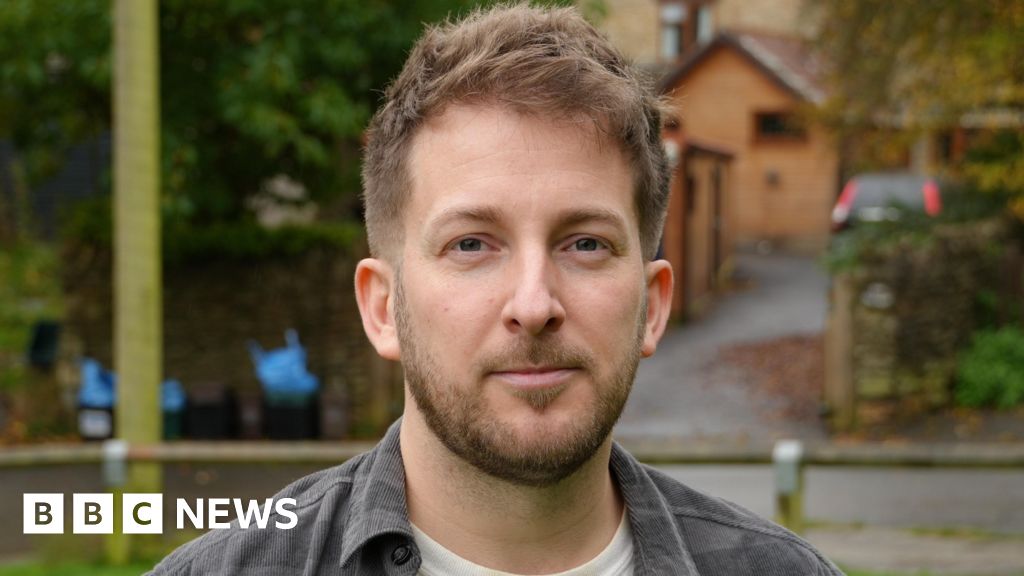

![12 Web Design Best Practices & Guidelines for Usability in 2025 [+ Expert Tips] 12 Web Design Best Practices & Guidelines for Usability in 2025 [+ Expert Tips]](https://www.hubspot.com/hubfs/website-design-1-20241121-4075840.webp)
